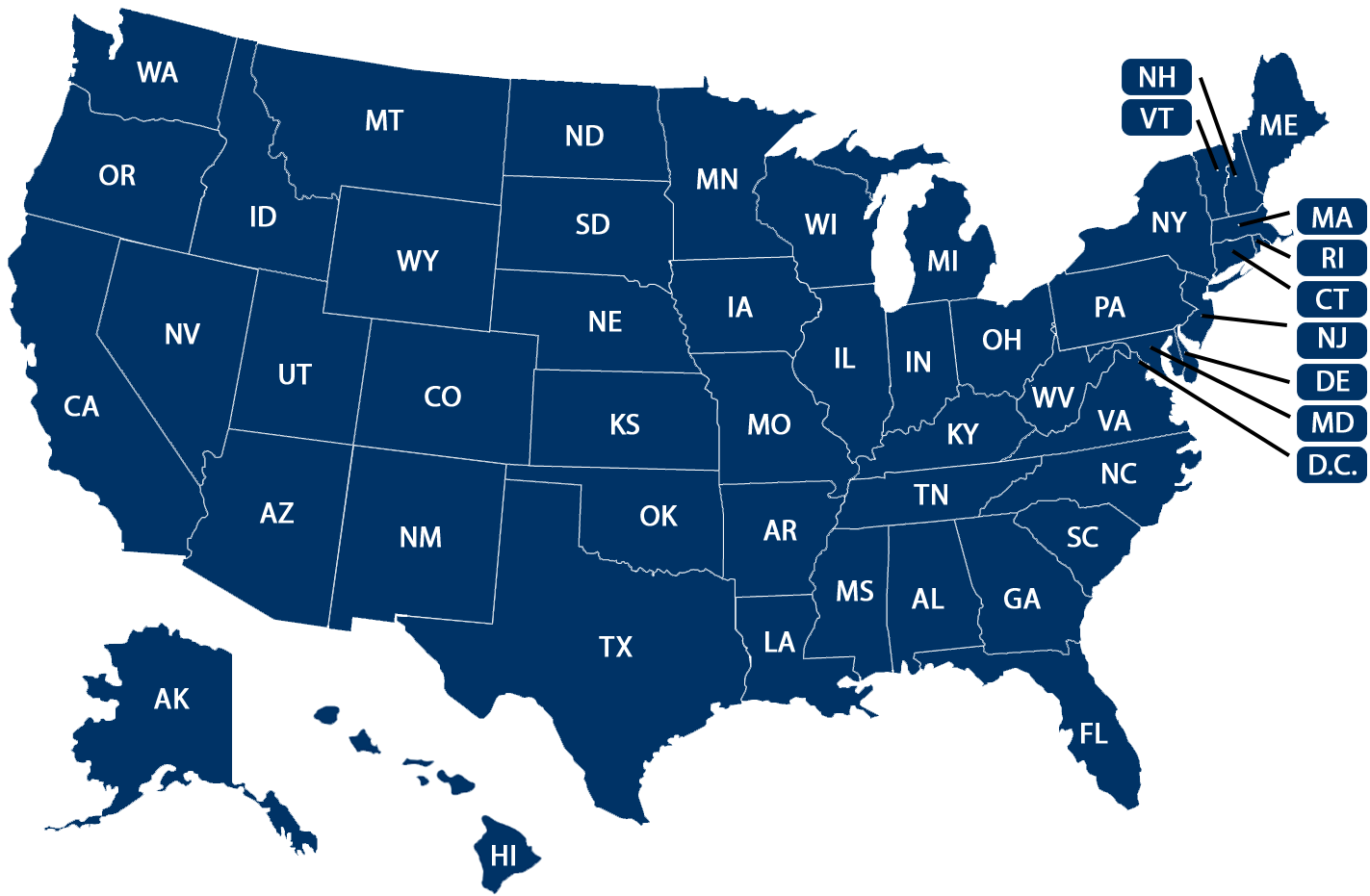I see it all the time, beginners paying an enormous amount of money to buy a tax sale list that, with the right knowledge, they could have for little or no charge. Sure the amount required to buy a tax sale lists is a fraction when compared to the anticipated profits from buying tax lien certificates and tax deeds. The point of the investing activity is to keep as much of the profits as possible while minimizing losses.
Let's think about it. With over 3200 plus counties across the United States and the average cost of a tax sale list ranging from $15 to $50 bucks each, an investor could spend $48,000 to $160,000 a year on tax sale lists. Wow, that's a lot of money to hand-over for some information that could be secured for little or no charge.
Chances are purchasers will never spend that much, it's more likely they'll need 25 to 65 tax sale lists a year. Even at that volume they could save $375 to $3250 a year. With a little insight tax sale list purchasers could buy another tax lien certificate where penalty profit rates of 16%, 18%, 24%, up to 36% is mandated by United States law. Better yet, if the purchaser did the due-diligence correctly, the tax lien doesn't get redeemed and the purchaser becomes the owner of a valuable piece of property for a fraction of it's true market value.
Here's the kicker, the tax sale list companies don't want people to know that they scan, swipe and download all of the information from the county websites - often for no cost. Then they turn around and sell this free information to customers for $15 to $50 for each list. Sure it saves the investor from having to find that information on his own but it's really not that hard to find to begin with.
For example, I just visited the website for one of the main providers of tax sale lists. They want $65 for the Navajo, County tax sale list. So I surfed to the Navajo County Website and downloaded the same information for free saving me $65 bucks. Not bad for one minutes worth of work. Better in my pocket than theirs.
So here's how I did it;
First, locate the web address for the desired county. I've discovered a few time and money saving resources. When it comes to finding county websites I usually will visit NACO.org (National Association of Counties Online).
Once on NACO.org click on "About Counties" then on "Find a County". At that point a page displaying a map of the United States will display. Simply click on the desired state, then the desired county. When the county page loads, look to see if the county name is a hyperlink. If so the page will redirect to the county website. If not, then search on google or call the county may be required.
Second, navigate to the tax collector or treasurers page. When on the county website find and navigate to the page dedicated to the collection of delinquent real estate property taxes. More often than not this is the county treasurer or tax collector. Sometimes the menu will display department links which will load a page listing the links for the various county department pages. If not, try to find the county site map page as this will display all pages on the county website.
Third, find the link to download the tax sale list. Once found the right department and page simply search around for information on "delinquent property taxes", "tax sale information" or "tax sale list". In some cases a phone call to the county may be required. Sometimes they'll offer to mail it on a disk saved as an excel spreadsheet (my preferred format). In some cases, they may charge a small shipping and handling fee. But I always try to get the tax sale list for free from the website or via email.
In conclusion, purchasers can save a significant amount of money and time by knowing how to get tax sale lists for little or no charge. In addition, purchasers could use those savings to buy more tax lien certificates where penalty profit rates of 16%, 18%, 24% up to 36% are mandated by United States law. And if the due-diligence was performed correctly, purchasers could avoid the pitfalls and become the proud new owner of a valuable piece of real estate for a fraction of its true market value.




